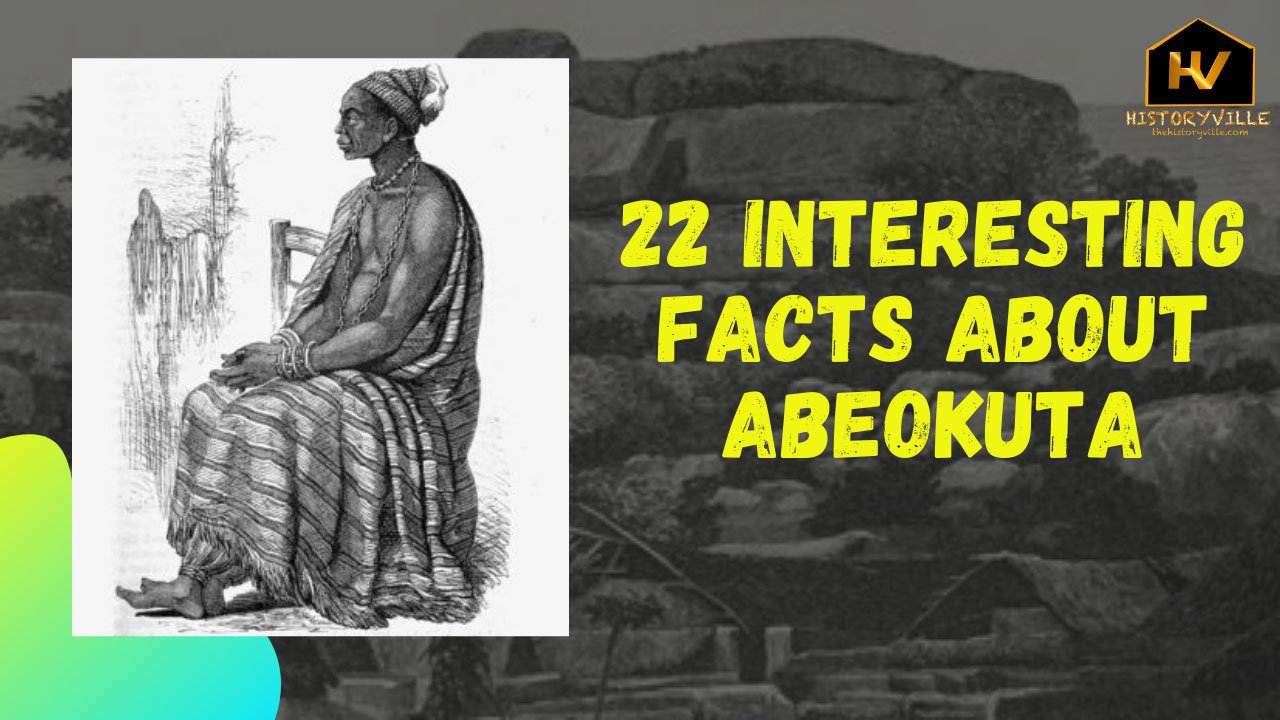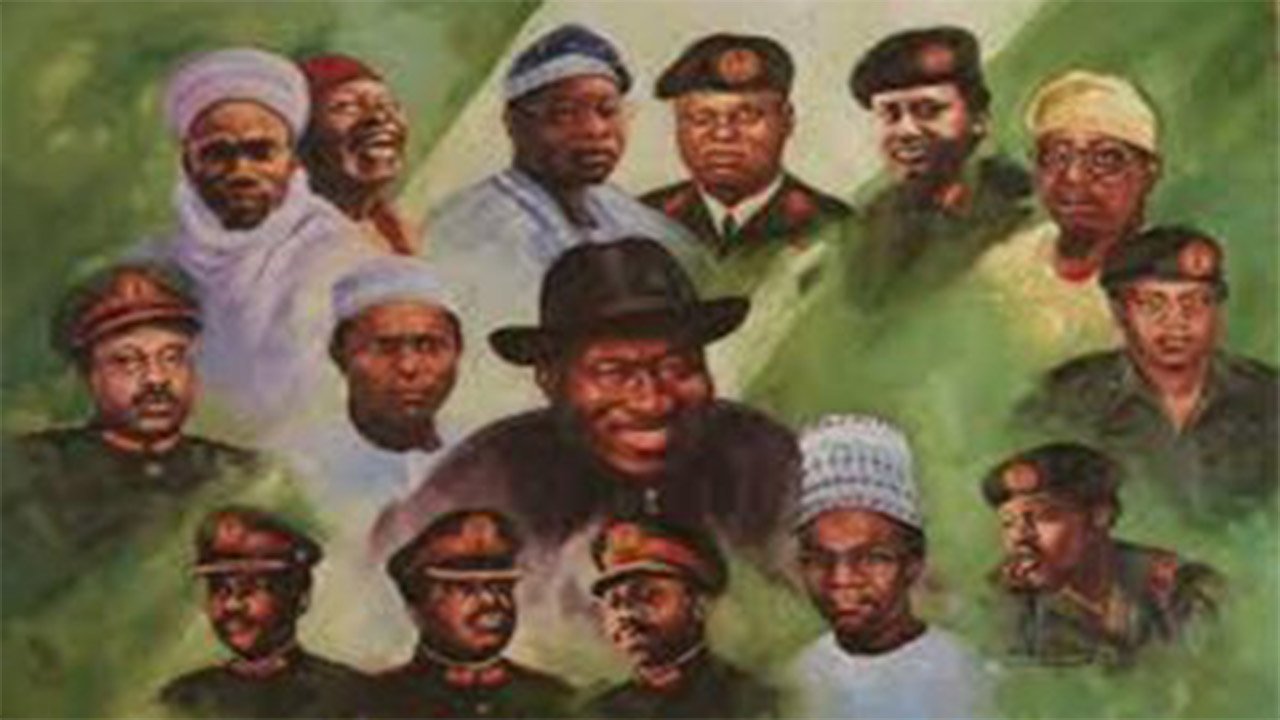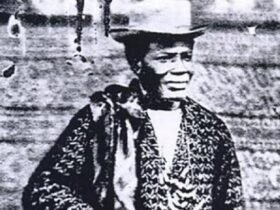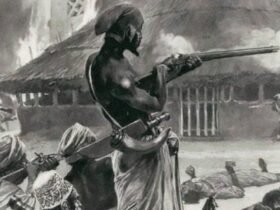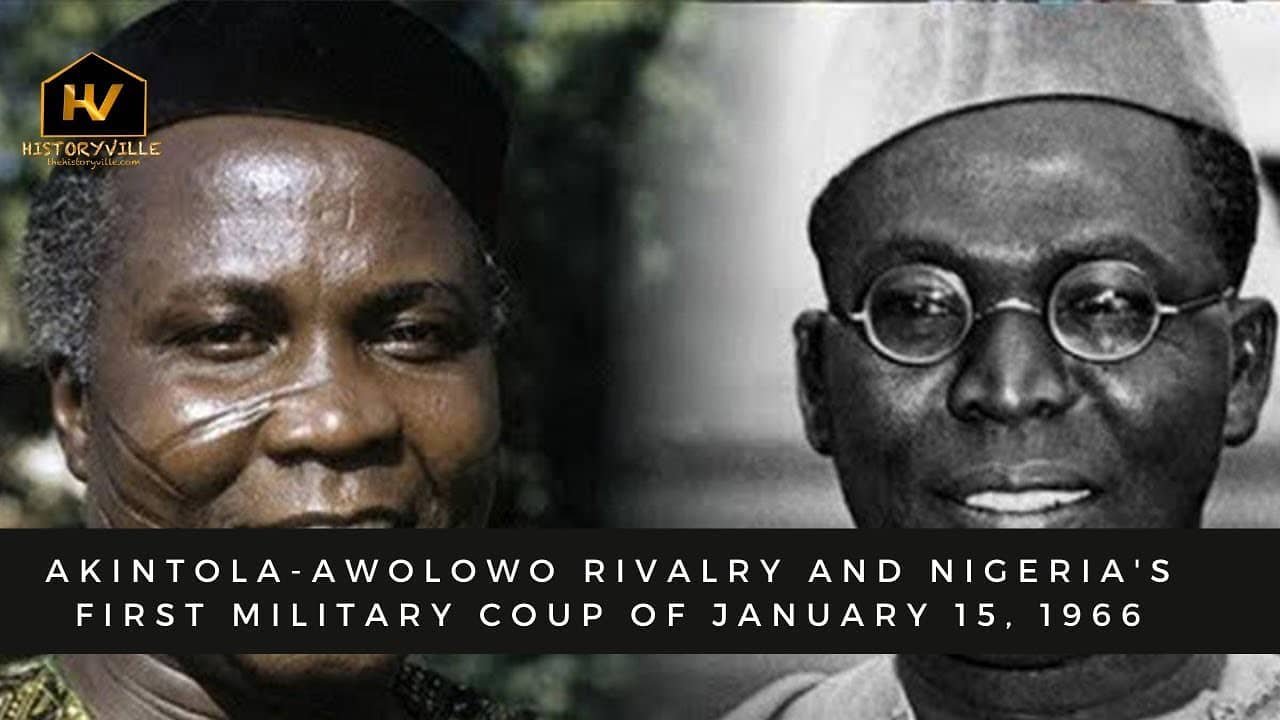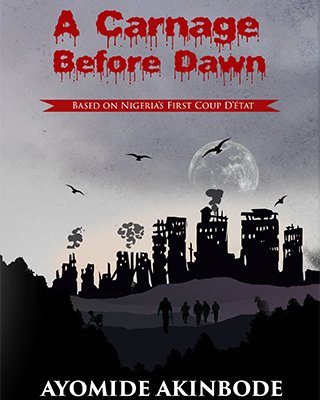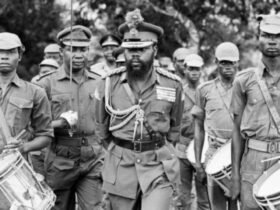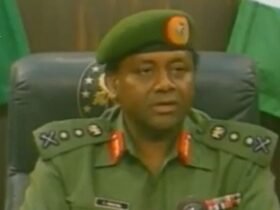No products in the cart.

The conflict lasted 30 months... ...
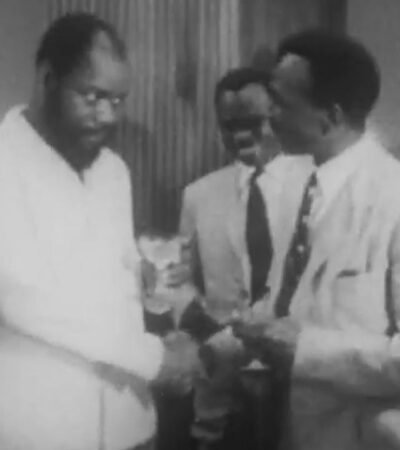
Interesting Facts
On December 5, 1893, Herbert Macaulay became the first Nigerian to qualify as a civil engineer and a member of the British Institution of Civil Engineers (ICE).
Abeokuta was a sovereign nation for 20 years and 11 months before the British amalgamated her with the rest of Nigeria in 1914...
Niger, Katsina, Kano and Ogun States are the only states to have produced two Nigerian leaders who have ruled the country.
A majority of Nigeria's 36 states got their names from rivers, urban legends, and acronym of major cities...
Latest Video
Pre-colonial Nigeria
Colonial Nigeria
First Republic
(1960-1966)
Nigeria’s First Republic lasted for less than three years until it fell on January 15, 1966, after the country’s first military coup.
The full story of how the political rivalry between Ladoke Akintola and Obafemi Awolowo led to Nigeria's First Coup D'état in 1966...

In April 1963, Emir Muhammadu Sanusi of Kano flouted the First Law of Power and was deposed by the Sardauna of Sokoto, Sir Ahmadu Bello...

In April 1963, Emir Muhammadu Sanusi of Kano flouted the First Law of Power and was deposed by the Sardauna of Sokoto, Sir Ahmadu Bello...

In April 1963, Emir Muhammadu Sanusi of Kano flouted the First Law of Power and was deposed by the Sardauna of Sokoto, Sir Ahmadu Bello...

In April 1963, Emir Muhammadu Sanusi of Kano flouted the First Law of Power and was deposed by the Sardauna of Sokoto, Sir Ahmadu Bello...

In April 1963, Emir Muhammadu Sanusi of Kano flouted the First Law of Power and was deposed by the Sardauna of Sokoto, Sir Ahmadu Bello...
PREV
NEXT
People & Places
On January 1, 1914, Lagos became Nigeria's first capital city after the amalgamation of the ...
Second Republic (1979-1983)
Nigeria's Second Republic, which fell on December 31, 1983, has been described ...
Fourth Republic
(1999 to date)
On February 26, 2015, Buhari described himself as a converted democrat as he endeared himself to Nigerians in the race for the 2015 elections.
Asiwaju Bola Ahmed Tinubu allegedly labelled incumbent President Muhammadu Buhari as an “ethnic bigot and a religious fanatic” in 2003.
The October 2020 EndSARS Protest in Nigeria actively lasted for 17 days; from October 7, 2020, to October 24, 2020.
Olusegun Obasanjo created the EFCC and the ICPC to combat corruption. He also ntroduced the GSM to improve communication in Nigeria...
The Nigerian Civil War (1967-1970)
The Nigerian Civil War, also known as the Nigeria-Biafra War or the Biafran War, was a needless conflict that lasted 30 months, from July 6, 1967, to January 15, 1970.
The Nigerian civil war witnessed the death of about one to three million Nigerians, with the majority being from the Eastern region.
The Nigerian Civil War, also known as the Biafran War or the Nigeria-Biafra War, was a war fought to counter the secession of the Republic of Biafra from Nigeria.
The Ogbunigwe was used in combat during the Nigerian civil war and at the height of production, about 500 units were being produced every day in Biafra.
Latest Articles
The Nigerian Civil War, also known as the Nigeria-Biafra War or the Biafran War, was a needless conflict that lasted 30 months, from July 6, 1967, to January 15, 1970.
The Aburi Agreement reflected recognised the principle of regional autonomy and proposed a framework that would grant significant powers to Nigeria’s regions.
In 1887, King Jaja of Opobo was arrested and deposed for obstructing British commercial and political expansion.
On February 26, 2015, Buhari described himself as a converted democrat as he endeared himself to Nigerians in the race for the 2015 elections.
Abacha is ranked among the most corrupt leaders in modern history. It is estimated that he embezzled between $3 billion and $5 billion from Nigeria's treasury.
Babangida and Abacha’s paths crossed because they were ranking officers of the Nigerian Army, during a period marked by political instability and military ambition.
The Nigerian Army played a significant role in both World Wars, contributing manpower and resources as part of the British Empire.
Alaafin Sango is one of the most famous and powerful kings in Yoruba history, especially known as the third Alaafin (king) of the Oyo Empire.
On January 1, 1914, Lagos became Nigeria's first capital city after the amalgamation of the Southern and Northern Protectorates.
The middle class which ought to be the backbone of the Nigeria’s economy and the driving force behind economic development is slowly shrinking.
As of 2023, Nigeria is the sixth most dangerous country in the world to live in as a Christian after North Korea, Somalia, Yemen, Eritrea, and Libya.
In their experience with the Igbos, the British colonial army went from suppressing one resistance to facing another.
President Jimmy Carter was the first sitting U.S. president to visit Nigeria, underscoring the country's strategic importance as a regional power in Africa.
The Benin Bronzes, created by the Edo people of the Kingdom of Benin from around the 13th century onward, represent a significant artistic evolution that can be traced back, in part, to the earlier Nok culture.
The Nok culture, one of the earliest known civilisations in West Africa, flourished between 1500 B.C. and 300 A.D., in what is now modern-day Nigeria.
On June 6, 2018, Buhari declared that Nigeria’s Democracy Day would be celebrated as a national holiday every year on June 12 instead of May 29.
As the Sardauna of Sokoto, Sir Ahmadu Bello is still venerated by millions of Nigerians, especially among his kinsmen in Northern Nigeria.
Obafemi Awolowo rose to become the first Premier of the Western Region of Nigeria and the leader of the Action Group Party in the First Republic.
Murtala Muhammed remains the youngest Nigerian Head-of-State to die in office and the only one to die before the age of 40.
Asiwaju Bola Ahmed Tinubu allegedly labelled incumbent President Muhammadu Buhari as an “ethnic bigot and a religious fanatic” in 2003.



